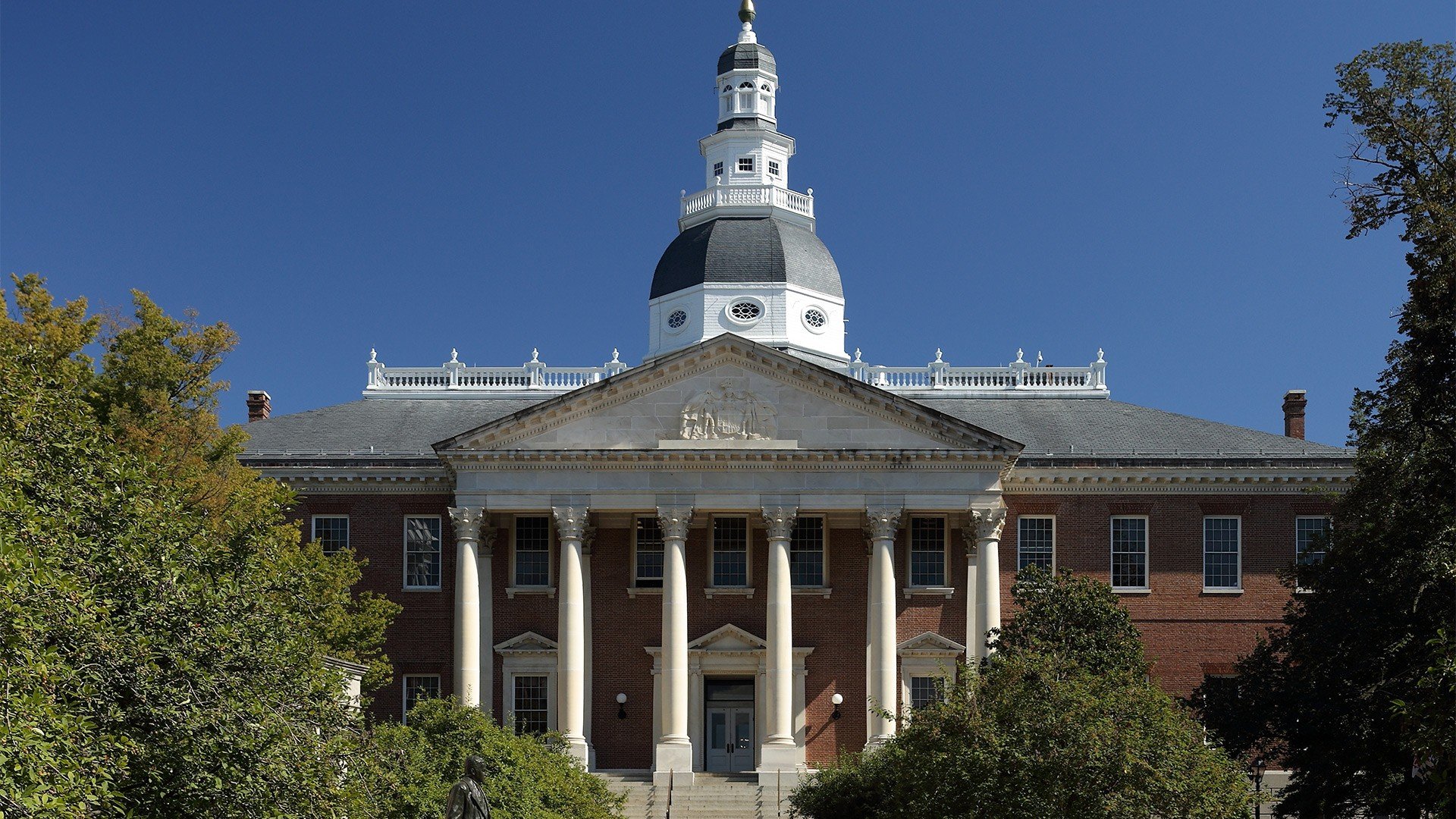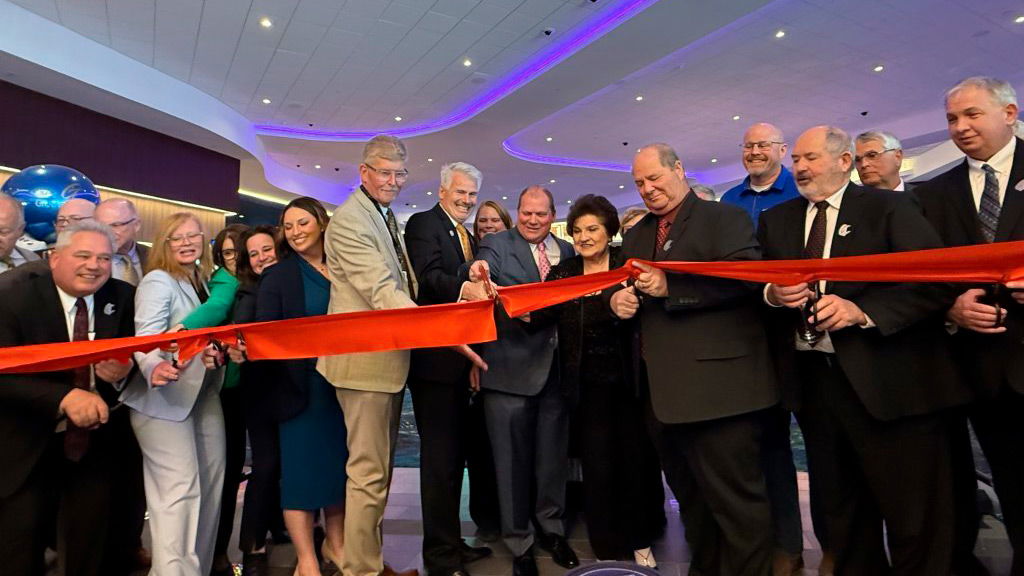Maryland online sweepstakes ban dies as legislative session ends

A Maryland bill aimed at banning online sweepstakes casinos failed to advance before the state’s 2025 legislative session adjourned this week, ending early momentum behind the measure and stalling efforts to regulate digital gaming platforms.
The legislation, Senate Bill 860, sought to prohibit online and mobile games that use a dual-currency model and offer real prizes through casino-style or sports betting mechanisms. The bill passed the Senate unanimously but did not receive a vote in the House Ways and Means Committee.
The proposal would have criminalized not only sweepstakes game operators, but also suppliers, payment processors, geolocation providers, and other affiliated entities. The Maryland Lottery and Gaming Control Agency would have gained authority to deny or revoke licenses for those found in violation.
With the session's close, regulators will now have to rely on enforcement actions such as cease-and-desist letters to curb the spread of unlicensed sweepstakes operations. The Lottery has already issued C&D orders this year to several gambling sites and prediction market operators.
The collapse of the sweepstakes ban coincides with the failure of a separate legislative effort to legalize online casino gaming. That initiative stalled last month after no bill crossed from one chamber to the other before the state’s legislative deadline.
Maryland is not alone in struggling to regulate sweepstakes platforms. In Mississippi, a similar ban cleared both chambers but died in conference after sports betting provisions were added. In Arkansas, a bill to legalize online casinos and dual-currency games was recently pulled from a committee agenda.
Sweepstakes industry advocacy group the Social and Promotional Games Association (SPGA), which has opposed such bans in multiple states, welcomed the bill’s demise.
“These bills shared the same fatal flaw: no facts and no foundation,” an SPGA spokesperson said. “Legislators are consistently rejecting efforts to criminalize safe, digital entertainment enjoyed by millions of adults across the U.S.”
The association warned that broad restrictions on sweepstakes games could impact loyalty programs, travel rewards, and other promotional tools used by legitimate businesses.
Sweeps-related bills remain active in several other states, including Connecticut, Louisiana, Nevada, New Jersey, and New York.


















































